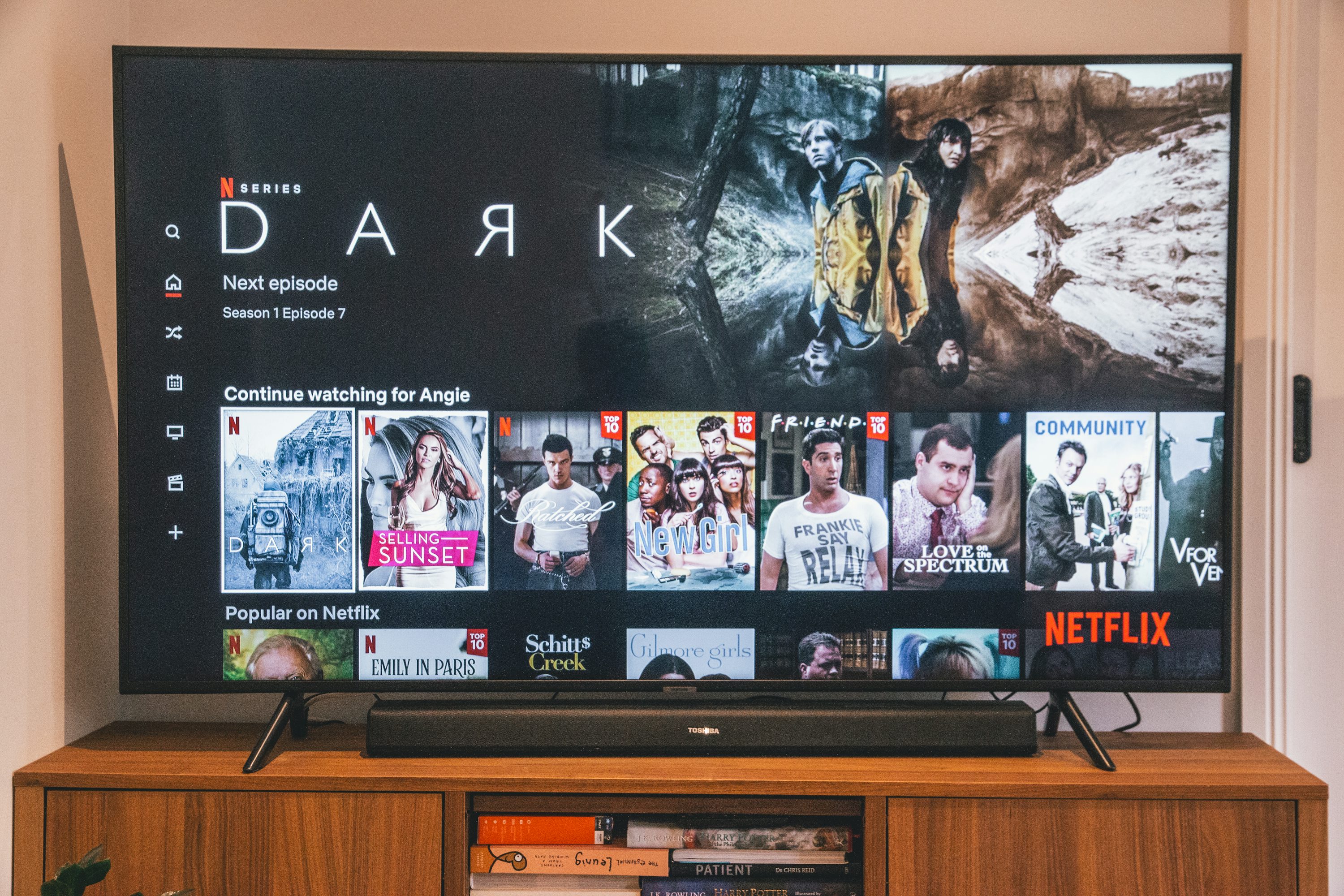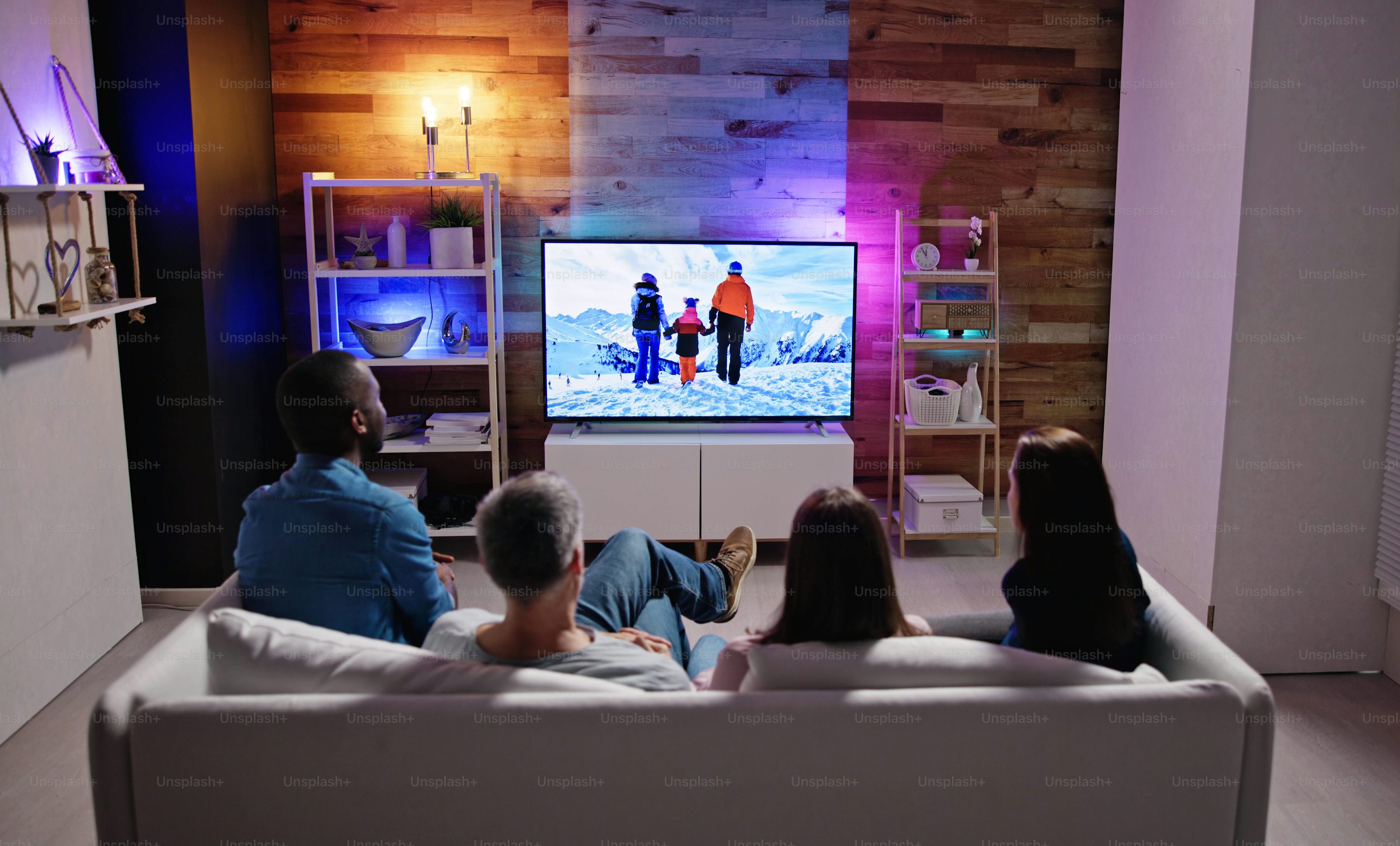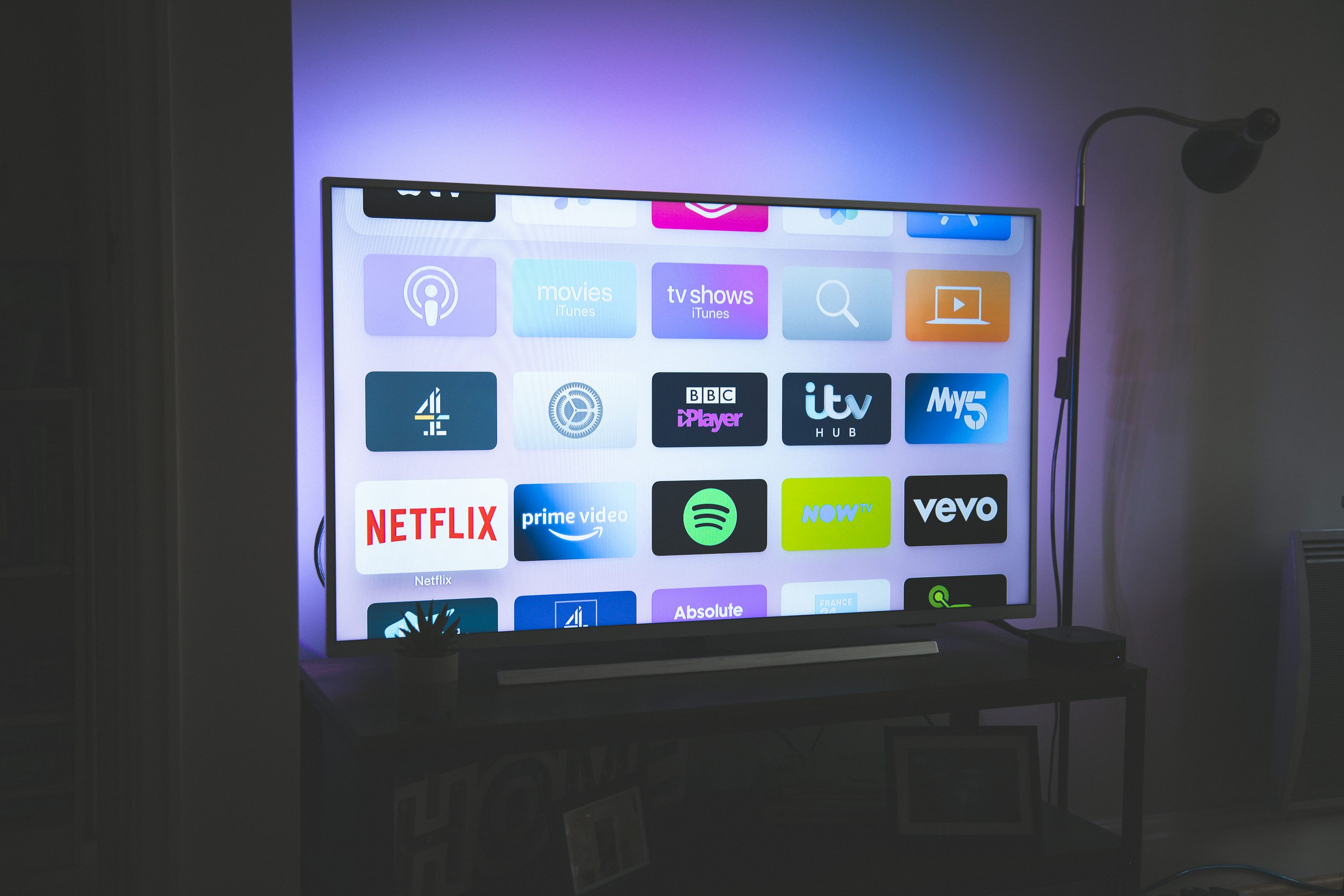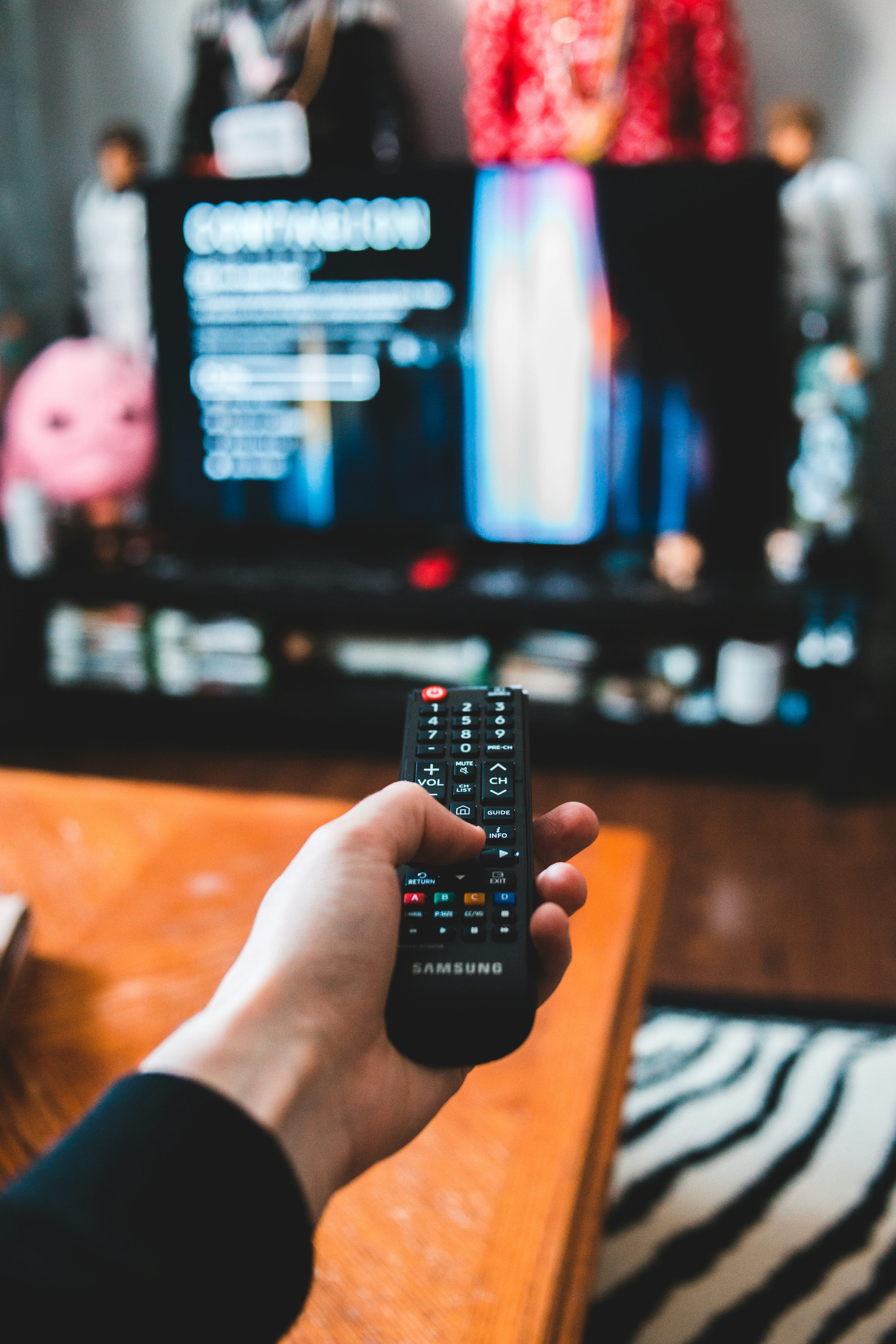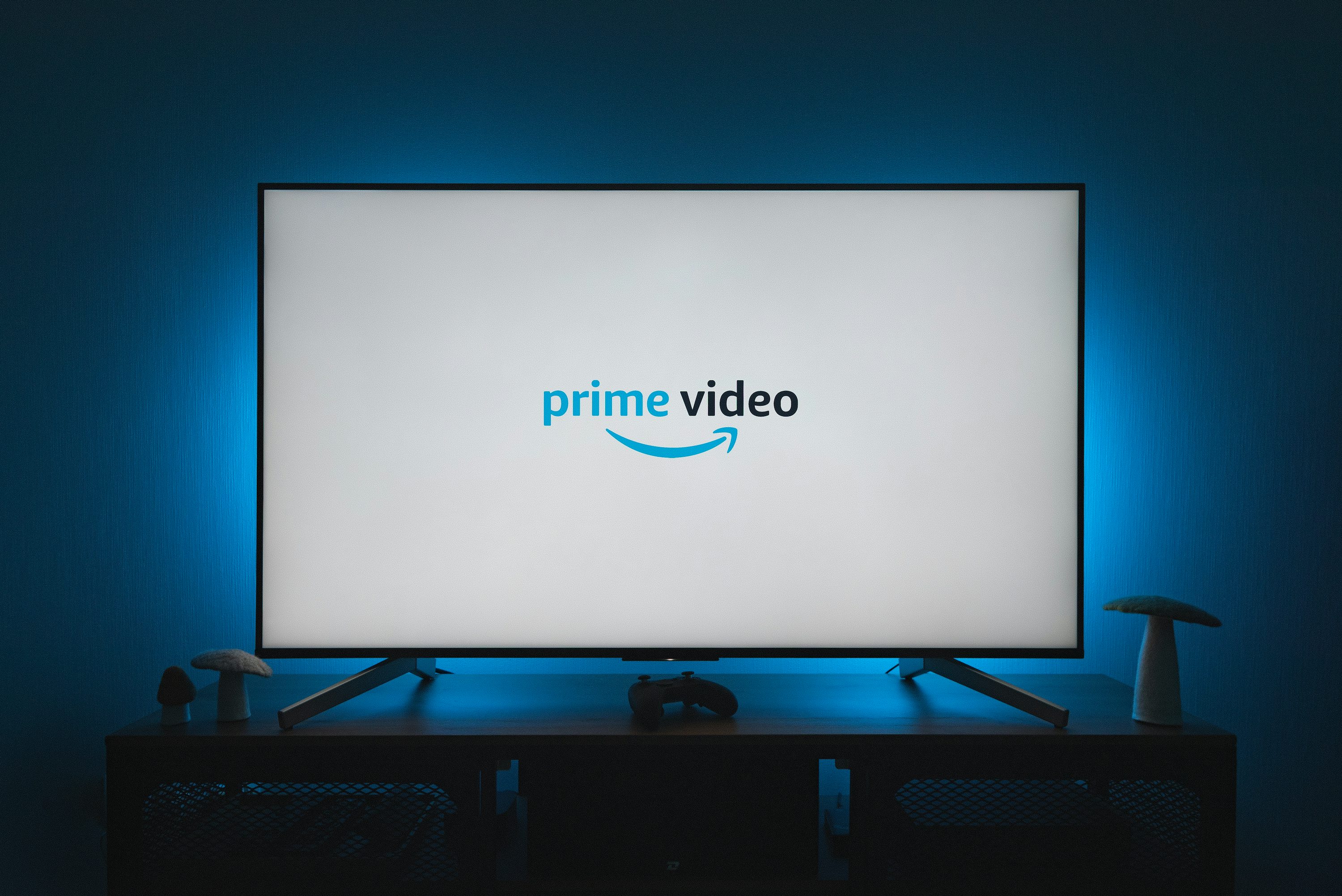
IPTV Netherlands: The Complete Guide to Streaming Television
IPTV Netherlands: The Complete Guide to Streaming Television
Television viewing has evolved dramatically over the past decade. Gone are the days when we were limited to cable or satellite options with fixed schedules and limited content. Internet Protocol Television (IPTV) has revolutionized how we consume media, offering unprecedented flexibility and choice. But what exactly is IPTV, and how does it work in the Netherlands? Is it legal? How do you set it up?
These are all valid questions, especially if you’re considering making the switch from traditional television services. In the Netherlands, IPTV has gained significant popularity due to its extensive channel selection, on-demand content, and cost-effectiveness compared to conventional cable subscriptions.
In this comprehensive guide, we’ll explore everything you need to know about IPTV Nederland – from understanding how it works and its legality to selecting the best provider for your needs. Whether you’re a tech enthusiast looking to optimize your viewing experience or simply curious about alternatives to your current TV setup, this article will provide valuable insights to help you navigate the world of IPTV in the Netherlands.
What is IPTV and How Does It Work?
IPTV (Internet Protocol Television) is a system that delivers television content over Internet Protocol (IP) networks. Unlike traditional broadcast television that sends out signals that anyone with an antenna can pick up, IPTV uses a private, dedicated network to deliver content directly to subscribers. But how exactly does this technology function?
At its core, IPTV works by converting traditional television signals into data packets that are transmitted over the internet. These packets contain compressed video files that are sent to your device and then decoded to display the content on your screen. This method allows for more efficient transmission of data and enables features that traditional television cannot offer.
There are three main types of IPTV services:
- Live Television: Similar to traditional TV but delivered via internet protocol
- Time-Shifted Media: Allows you to watch previously aired content (catch-up TV)
- Video on Demand (VOD): Enables access to a catalog of videos not tied to a TV schedule
To access IPTV services in the Netherlands, you need a stable internet connection (preferably broadband with speeds of at least 25 Mbps for HD content), a compatible device (such as a smart TV, computer, smartphone, or dedicated IPTV box), and a subscription to an IPTV Nederland subscription service.
The technical process involves several steps. When you select a channel or video, your request is sent to the service provider’s server. The server then streams the requested content to your device using internet protocols. This system allows for two-way communication, enabling interactive features like program guides, search functions, and personalized recommendations.
What makes IPTV particularly appealing is its ability to deliver content on demand. Unlike traditional broadcasting where you’re bound to a schedule, IPTV puts you in control of when and what you watch. This flexibility has made it increasingly popular among Dutch viewers seeking more autonomy in their entertainment choices.
Is IPTV Legal in the Netherlands? Understanding the Legal Landscape
The legality of IPTV in the Netherlands is a nuanced topic that often causes confusion. To be clear: IPTV technology itself is completely legal. Many legitimate services use IPTV technology to deliver content, including major platforms like KPN, Ziggo, and T-Mobile. However, the legality question becomes more complex when we discuss certain IPTV providers and how content is accessed.
The key factor determining legality is whether the content being streamed has been properly licensed. Licensed IPTV providers pay for the rights to distribute content, ensuring that creators and rights holders receive appropriate compensation. These legitimate services operate within Dutch and European copyright laws.
However, there’s also a significant market of unlicensed IPTV services that provide access to premium content without paying for distribution rights. Using these services falls into a legal gray area. While Dutch law primarily targets providers rather than users, consuming content from unlicensed sources could potentially expose you to legal risks.
Recent legal developments have further clarified the situation. In 2019, the European Court of Justice ruled that streaming copyrighted content from illegal sources constitutes copyright infringement. Dutch authorities have also taken action against several unlicensed IPTV operations in recent years.
To ensure you’re on the right side of the law, consider these guidelines:
- Choose legitimate IPTV services that clearly state they have proper licensing agreements
- Be wary of services offering hundreds of premium channels at suspiciously low prices
- Check if the provider has a registered business address in the Netherlands or EU
- Look for providers that offer official payment methods rather than cryptocurrency or anonymous payment options
Many Dutch consumers are turning to legal IPTV alternatives like Netflix, Disney+, Videoland, and NLziet, which offer extensive content libraries through legitimate means. Additionally, most traditional Dutch television providers now offer their own IPTV solutions that combine live TV with on-demand content.
The bottom line? IPTV itself is legal, but it’s important to choose providers that respect copyright laws and properly license their content. This not only keeps you on the right side of the law but also supports content creators and the sustainability of the entertainment industry.
Benefits of IPTV Over Traditional Television Services
Why are so many Dutch households making the switch from conventional television to IPTV? The advantages are numerous and compelling, extending far beyond simple content delivery. Let’s explore the key benefits that make IPTV an attractive alternative to traditional television services.
Perhaps the most significant advantage is the unprecedented flexibility IPTV offers. Unlike cable or satellite TV with rigid programming schedules, IPTV puts you in control of your viewing experience. You decide what to watch and when to watch it. This on-demand functionality means no more rushing home to catch your favorite show or setting up recordings—your content is available whenever you’re ready to watch it.
Cost-effectiveness is another compelling reason many Dutch viewers are making the switch. Traditional cable packages often force you to pay for dozens of channels you never watch. In contrast, many IPTV services offer more flexible pricing models, allowing you to pay only for the content you actually want. This à la carte approach can result in significant savings for many households.
The content selection available through IPTV is truly impressive. While Dutch cable providers typically offer a limited selection of international channels, IPTV services can provide access to thousands of channels from around the world. This is particularly valuable for expats living in the Netherlands who want to keep up with television from their home countries.
Additional benefits include:
- Multi-device compatibility – Watch on your TV, computer, tablet, or smartphone
- No geographical limitations – Access your content from anywhere with an internet connection
- Interactive features – Enhanced program guides, search functionality, and recommendations
- Higher video quality – Many IPTV services offer 4K and HDR content
- No installation hassles – No satellite dishes or complex cable installations required
For Dutch viewers who enjoy sports, IPTV offers particular advantages. Many services provide specialized sports packages that include coverage of international leagues and events that may not be available through traditional Dutch broadcasters. This means you can follow your favorite teams regardless of where they play.
The user experience is also significantly enhanced with IPTV. Modern interfaces are intuitive and user-friendly, making it easy to navigate vast content libraries. Features like personalized watchlists, content recommendations, and search functionality make discovering new shows and movies effortless.
As internet infrastructure in the Netherlands continues to improve with widespread fiber optic availability and high average connection speeds, the technical barriers to IPTV adoption are lower than ever. This combination of flexibility, value, and superior user experience explains why many Dutch households are making the switch to IPTV.
How to Set Up IPTV in Your Dutch Home
Setting up IPTV in your Netherlands home is simpler than you might expect. Whether you’re moderately tech-savvy or a complete beginner, this step-by-step guide will help you get started with streaming television. The process can be broken down into several manageable steps.
First, you’ll need to ensure your internet connection meets the minimum requirements. For standard definition content, a connection speed of at least 10 Mbps is recommended. For HD content, aim for 25 Mbps or higher. For 4K streaming, you’ll want at least 50 Mbps. Fortunately, the Netherlands boasts some of Europe’s fastest average internet speeds, so most households should be well-equipped.
Next, you’ll need to choose the right device for your IPTV setup. You have several options:
- Smart TVs: Many modern smart TVs have built-in IPTV capabilities. Samsung, LG, and Sony models often include IPTV apps in their app stores.
- IPTV Boxes: Dedicated devices like Android TV boxes, Apple TV, or Nvidia Shield provide excellent IPTV performance.
- Amazon Fire Stick: An affordable option that plugs directly into your TV’s HDMI port.
- Computers and Laptops: You can watch IPTV directly through web browsers or dedicated applications.
- Smartphones and Tablets: Most providers offer mobile apps for on-the-go viewing.
After selecting your device, you’ll need to choose an IPTV subscription. Research providers that offer the content you’re interested in, considering factors like channel selection, video quality, and customer support. Many services offer free trials, which can be helpful in making your decision.
Once you’ve selected a provider, the installation process typically involves these steps:
- Download the provider’s application from your device’s app store or the provider’s website
- Install the application and open it
- Enter your subscription credentials (usually provided via email after purchase)
- Configure any settings according to your preferences (language, streaming quality, etc.)
- Browse the channel guide or content library and start watching
For optimal performance, consider these tips:
- Use a wired Ethernet connection instead of Wi-Fi when possible for more stable streaming
- If using Wi-Fi, position your router close to your streaming device
- Close other bandwidth-intensive applications while streaming
- Consider using a VPN if you encounter geographic restrictions (though be aware this may affect streaming speed)
If you encounter technical issues, most reputable IPTV providers offer customer support via email, chat, or sometimes phone. Common troubleshooting steps include checking your internet connection, restarting your device, reinstalling the application, or clearing the app’s cache.
With these steps, you’ll be ready to enjoy the flexibility and extensive content library that IPTV offers in your Dutch home. The initial setup might take a little time, but the enhanced viewing experience makes it well worth the effort.
Choosing the Best IPTV Provider in the Netherlands
Selecting the right IPTV provider is perhaps the most crucial decision in your streaming journey. With numerous options available in the Netherlands, it’s important to evaluate providers based on several key factors to ensure you get reliable service and value for money. What should you look for when making this choice?
Content selection should be at the top of your priority list. Different providers offer varying channel lineups and on-demand libraries. Consider what type of content matters most to you: Dutch channels, international programming, sports coverage, movie libraries, or specialized content. The best IPTV service for you will align with your specific viewing preferences.
Streaming quality is another essential consideration. Top-tier providers offer Full HD (1080p) and even 4K content, while budget options might limit you to standard definition. Check if the provider uses adaptive streaming technology that adjusts quality based on your internet connection to prevent buffering.
Reliability cannot be overstated. Read user reviews and look for providers with a track record of stable service, minimal downtime, and consistent performance during peak viewing hours. Some questions to consider:
- How long has the provider been operating?
- Do they have servers located in or near the Netherlands for optimal performance?
- What do current customers say about service reliability?
- Is there a service uptime guarantee?
Pricing structures vary significantly between providers. While cost shouldn’t be your only consideration, it’s important to understand what you’re paying for. Some providers offer:
- Monthly, quarterly, or annual subscription options (with discounts for longer commitments)
- Tiered packages with different channel selections
- Add-on packages for specialized content
- Multi-device or family plans
Device compatibility is crucial. Ensure the provider supports the devices you plan to use. Most quality services offer applications for various platforms including Android, iOS, smart TVs, Amazon Fire Stick, and web browsers. Some also provide MAG box compatibility for dedicated IPTV viewing.
Customer support quality can make a significant difference in your experience, especially if you encounter technical issues. Look for providers offering responsive support through multiple channels (email, chat, phone) and ideally in Dutch or English. Check if they provide setup guides, FAQs, and troubleshooting resources.
Additional features that might influence your decision include:
- Electronic Program Guide (EPG) quality and accuracy
- Catch-up and recording functionality
- Multi-screen viewing options
- Parental controls
- Video-on-demand libraries
Before committing to a long-term subscription, take advantage of free trials or short-term plans to test the service. This hands-on experience will tell you more than any marketing claims. Pay attention to how the service performs during different times of day and with various types of content.
Remember that the complete guide to IPTV Nederland should include consideration of legality. Choose providers that clearly operate within legal boundaries and properly license their content to avoid potential legal issues down the line.
Troubleshooting Common IPTV Issues in the Netherlands
Even with the best IPTV setup, you might occasionally encounter technical issues. Understanding how to diagnose and resolve these problems can save you frustration and ensure a smoother viewing experience. Let’s explore some common IPTV challenges and their solutions.
Buffering is perhaps the most frequent complaint among IPTV users. That annoying spinning circle can interrupt your viewing experience and test your patience. Buffering typically occurs when your internet connection can’t keep up with the video stream’s demands. To address this:
- Check your internet speed using services like Speedtest.net (aim for at least 25 Mbps for HD content)
- Reduce the number of devices connected to your network while streaming
- Switch from Wi-Fi to a wired Ethernet connection if possible
- Try lowering the streaming quality settings in your IPTV app
- Restart your router to clear any network congestion
Connection failures can occur when your device cannot establish a link with the IPTV server. If you see error messages about connection problems:
- Verify that your internet connection is working by trying to browse websites
- Check if the IPTV service is experiencing downtime (check their status page or contact support)
- Ensure your subscription is active and hasn’t expired
- Try accessing the service using a different device to isolate the issue
- Restart your IPTV application or device
Audio and video synchronization issues can be particularly annoying. If you notice that speech doesn’t match lip movements:
- Try changing channels and then returning to see if the issue resolves itself
- Restart your IPTV application
- Check if your device has an A/V sync adjustment option in its settings
- Update your IPTV application to the latest version
Channel loading failures are common with some IPTV services. If channels won’t load or take too long to start:
- Try less popular channels as main channels can be overloaded during peak hours
- Clear your application’s cache (found in app settings)
- Reinstall the IPTV application
- Check if your provider offers alternative servers and switch to one that might be less congested
Electronic Program Guide (EPG) issues can leave you without information about what’s currently playing. If your guide is blank or inaccurate:
- Force a refresh of the EPG data in your application settings
- Check if your provider has reported any EPG issues
- Ensure your system time and date are set correctly
For Dutch users experiencing region-specific issues:
- Some ISPs in the Netherlands may throttle streaming traffic during peak hours. Consider using a VPN to bypass throttling.
- If you’re trying to access geo-restricted content, ensure your VPN server location matches the content’s region requirements.
- Be aware that some Dutch internet packages have fair use policies that may affect heavy streaming usage.
If you’ve tried these troubleshooting steps and still experience issues, don’t hesitate to contact your provider’s support team. Quality providers should offer assistance in resolving technical problems. Keep notes about when issues occur and what steps you’ve already taken to help support staff diagnose the problem more efficiently.
Remember that occasional issues are normal with any streaming service, but persistent problems might indicate it’s time to consider switching to a more reliable provider.
The Future of IPTV in the Netherlands: Trends and Predictions
The IPTV landscape in the Netherlands is evolving rapidly, shaped by technological advancements, changing consumer preferences, and regulatory developments. Understanding these trends can help you make informed decisions about your entertainment setup and anticipate how your viewing experience might change in the coming years.
One of the most significant trends is the continued integration of artificial intelligence and machine learning into IPTV platforms. These technologies are revolutionizing content discovery by analyzing viewing habits and preferences to provide increasingly accurate recommendations. Dutch IPTV providers are investing heavily in these capabilities, recognizing that helping viewers navigate vast content libraries is key to customer satisfaction.
The quality of streaming is set to improve dramatically. With the Netherlands’ robust internet infrastructure and the ongoing rollout of fiber optic networks, more households will have access to the bandwidth needed for 4K and even 8K streaming. HDR (High Dynamic Range) content is also becoming standard, offering more vivid colors and better contrast. This evolution in quality will make the distinction between traditional broadcast and IPTV increasingly irrelevant from a visual perspective.
Consolidation within the industry appears inevitable. The Dutch market currently features numerous IPTV providers, but industry experts predict a wave of mergers and acquisitions as larger players seek to expand their market share. This consolidation could lead to fewer but more robust service options with comprehensive content libraries.
We’re also witnessing increased integration between IPTV and other smart home technologies. Voice control through assistants like Google Home, Amazon Alexa, and Apple’s Siri is becoming standard, allowing for seamless navigation of content without traditional remotes. Dutch consumers are embracing these integrated ecosystems at a rapid pace.
Regulatory changes will continue to shape the industry. The Dutch government and the European Union are increasingly focused on:
- Enforcing copyright protections more stringently
- Implementing content quotas for European productions
- Addressing concerns about market dominance by international streaming giants
- Ensuring net neutrality principles are maintained
These regulatory developments could significantly impact content availability and service pricing in the coming years.
Mobile viewing is expected to continue its upward trajectory. With 5G networks expanding across the Netherlands, high-quality streaming on mobile devices will become increasingly common. This shift will drive demand for seamless multi-device experiences where viewers can start watching on one device and continue on another.
Interactive and immersive content formats represent an exciting frontier. Virtual reality (VR) and augmented reality (AR) experiences are being integrated with traditional programming, offering Dutch viewers new ways to engage with content. Sports broadcasting is at the forefront of this trend, with experimental offerings that allow viewers to choose camera angles and access real-time statistics.
Local content will remain vitally important despite the globalization of entertainment. Dutch-language programming and content reflecting Dutch culture will continue to be significant differentiators for IPTV services targeting the Netherlands market. We’re already seeing increased investment in original Dutch content by both domestic and international streaming platforms.
As these trends converge, the line between traditional television and online streaming will continue to blur. The future of television in the Netherlands is undoubtedly IP-based, offering more personalized, flexible, and interactive experiences than ever before. By staying informed about these developments and choosing providers that embrace innovation, Dutch viewers can ensure they remain at the forefront of this evolving entertainment landscape.
Conclusion: Making the Most of Your IPTV Experience
Throughout this guide, we’ve explored the multifaceted world of IPTV in the Netherlands – from understanding the technology and navigating legal considerations to setting up your system and troubleshooting common issues. As we conclude, let’s synthesize these insights into practical advice for maximizing your IPTV experience.
The flexibility and customization that IPTV offers represent a fundamental shift in how we consume television content. No longer bound by rigid broadcasting schedules or limited channel packages, Dutch viewers now have unprecedented control over their entertainment. To truly capitalize on this freedom, take time to explore the full capabilities of your chosen service rather than falling back into traditional viewing habits.
Staying informed about the evolving IPTV landscape is crucial. The technology, content offerings, and legal framework continue to develop rapidly. Following industry news, participating in user forums, and periodically reassessing your subscription needs will ensure you’re getting the best possible value and experience. Don’t hesitate to explore new providers or services as the market evolves – loyalty to a single platform may cause you to miss out on innovations elsewhere.
Balance is key when considering content options. While the vast libraries available through IPTV services can be enticing, research suggests that too many choices can actually diminish enjoyment. Consider creating personalized watchlists or focusing on specific content categories rather than endlessly browsing. Many Dutch users find that a combination of services – perhaps a primary IPTV subscription supplemented by a specialized streaming service for particular interests – provides the optimal mix.
Technical optimization shouldn’t be overlooked. Even small adjustments to your setup can significantly enhance your viewing experience:
- Regularly update your IPTV applications and streaming devices
- Invest in quality networking equipment if you’re a heavy streamer
- Consider dedicated streaming devices rather than using built-in smart TV apps for better performance
- Take advantage of features like favorites lists, reminders, and recording options
Remember that responsible consumption matters. Choose legitimate IPTV services that respect intellectual property rights. This not only keeps you on the right side of the law but also ensures the sustainability of the content ecosystem. Creators need fair compensation to continue producing the shows and films we enjoy.
Share your discoveries with friends and family. Many Dutch households are still unfamiliar with the full potential of IPTV. By demonstrating how it works and helping others set up their systems, you can help them access better entertainment options while potentially discovering new content through their recommendations.
Finally, maintain perspective about the role of television in your life. The convenience and vast selection of IPTV can make it tempting to spend more time watching than ever before. Set reasonable limits and balance screen time with other activities. The best IPTV experience is one that enhances your life without dominating it.
The future of television in the Netherlands is undoubtedly IP-based, offering unprecedented choice, quality, and convenience. By making informed choices about providers, optimizing your technical setup, and approaching content consumption thoughtfully, you can enjoy a superior entertainment experience that truly meets your unique preferences and needs.
Have questions about IPTV in the Netherlands? Considering making the switch but unsure where to start? Contact us for personalized advice and support in navigating the exciting world of internet television.
Choose Your Perfect Plan
Select the number of devices you need and explore our tailored subscription options. All plans include our premium features.
Selecteer Aantal Apparaten
Kies hoeveel apparaten gelijktijdig kunnen streamen
Belangrijk: Alle prijzen zijn in USD. Abonnementen verlengen niet automatisch. U moet handmatig verlengen aan het einde van elke periode. Lifetime toegang is een eenmalige betaling zonder verlenging.


